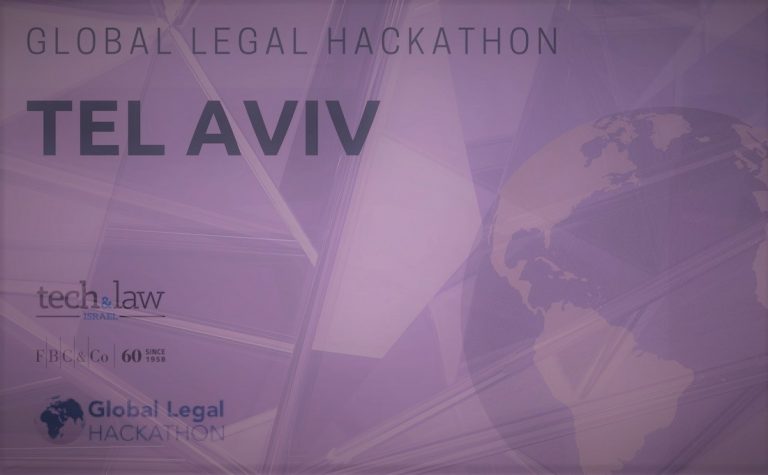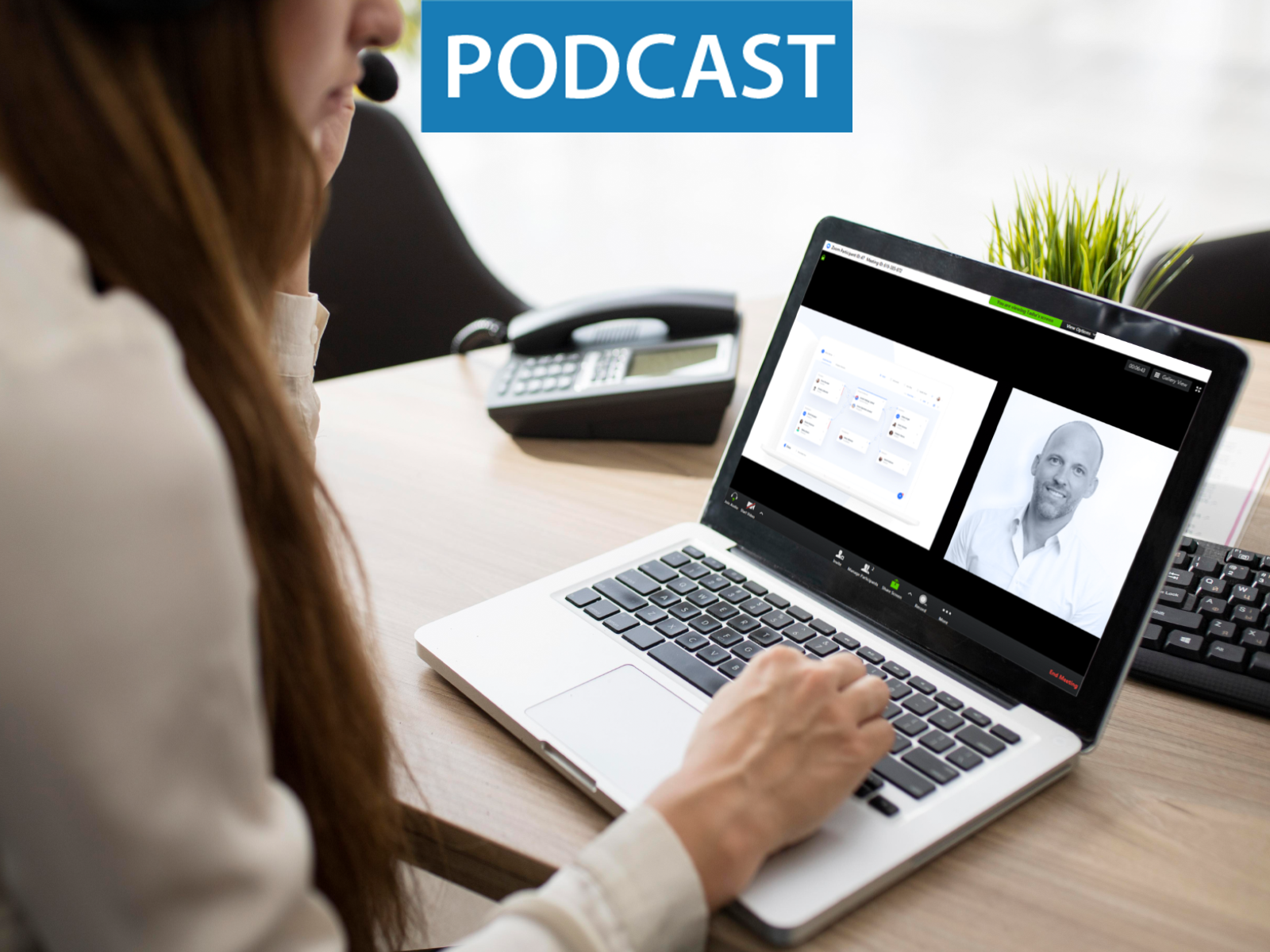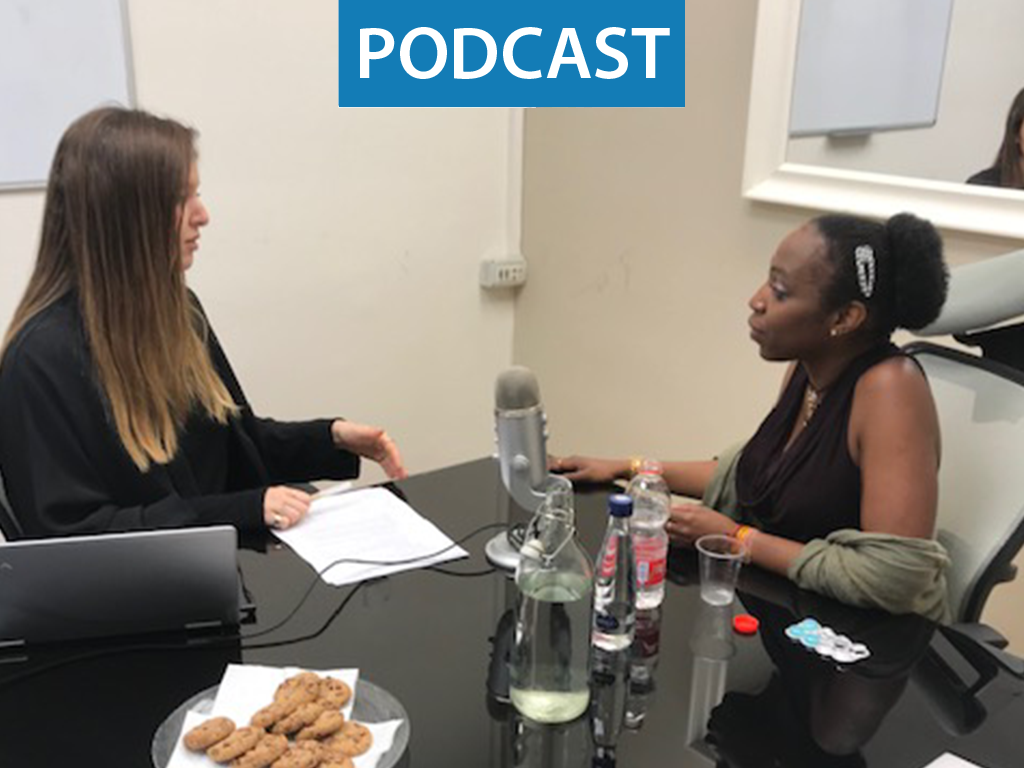
Maya Ashkenazi
Steve Tover is a long-term entrepreneur who decided a couple of years ago to enter the legal market. Steve is the founder and CEO of the legal startup – “Anylaw” which is a free legal research engine (LINK).
Anylaw is an Israeli based startup that was recently released. In our conversation, we explored the actions they have taken so far to establish the company and, on the way, got some great tips from an experienced entrepreneur – Tune in!
We started right away to talk about Anylaw. Steve explained that it is a legal tech company, which offers a free legal research service that provides access to all US federal and state case law (meaning the collection of past legal decisions given by courts) I was wondering what differentiates Anylaw, since there are many existing research and search engines. We first talked about the difference between research and search engine:
In a legal research engine you don’t only have the possibility to find a case but also to identify things that are related to it e.g. other related cases, whether the decision is still valid (good law), track a case through time etc. All those extra features are not possible in search engines. There are many different research engines, and Anylaw is among them.
To differentiate, Anylaw is a free service whereas all the other companies require subscriptions. Not only can attorneys use it, but also people who wish to explore the law can use it without any obstacles. I was surprised to find out that in the US there are over 30 million people a year that represent themselves at court without an attorney. Steve mentioned that those who represent themselves must submit a brief to court to support their claim. Usually, about 80% of a brief is supported by case law, hence the need for access. It is important to note that the case law is the same in every legal research engine- but how the research engine works to pull out those cases is what differentiates.
What Anylaw recently done to differentiate – in addition to being able to use proximity search operator (a way to search for two or more words that occur within a certain distance of words from each other), which is something that all the research engines offer – they also have their own proximity operators. Steve explained that they allow people conduct their own search by topic. From a legal research standpoint, it is easier for people that have less experience to conduct the research by topic.
They also developed artificial intelligence, so as the system is used more – it becomes smarter and gives accuracy returns to the people that might not know how to find the cases they are looking for. Later, Steve explained that they are implementing existing technology to reach higher levels of efficiency – speed and accuracy of the search. First they acquired the data base and then created a format that makes the research faster. Once that was done, they were able to use machine learning, meaning to tag cases into categories, sub-categories to make it more accurate over time.
Anylaw is currently focused on US case law and has already been released.
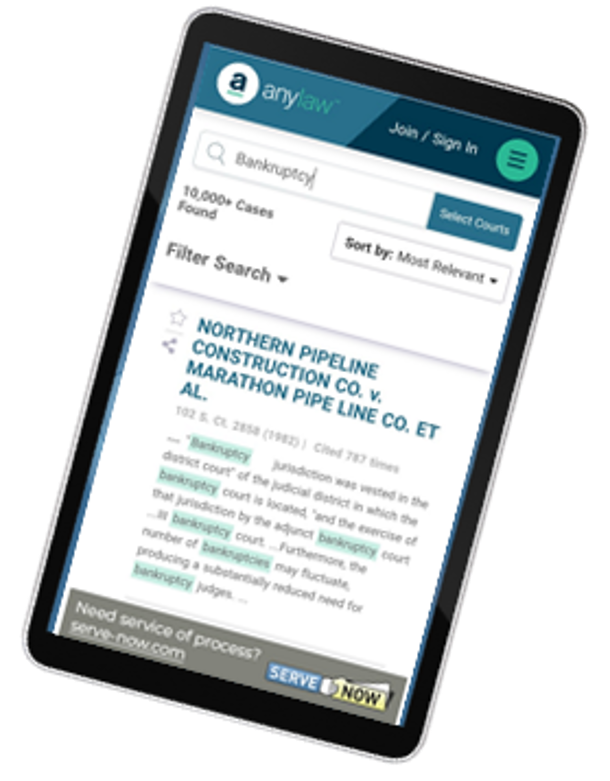
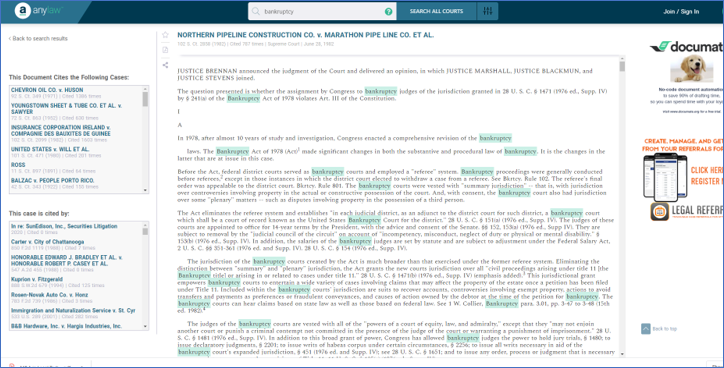
Even though the team is located in Israel, Anylaw is currently focused on US case law. Besides from the fact that it is the largest market, we also talked about how it is relevant for lawyers working in firms worldwide. We know for example that there are many Israeli law firms that are doing any kind of business that is related to companies that are incorporated in the US. Anylaw is targeting not just attorneys but also paralegals, judges, legal librarians and even law students.
While Steve is American, I was still wondering whether he has any struggles as an entrepreneur who is based in Israel. Except of him joking about being a bit tired (“my sleep is a bit off(” he said there has been no specific barriers being located in Israel also because he is in the high-tech field since the 90’s.
The key is to connect with people – Anylaw targets two different groups to connect with, both users and customers. Their users are the ones they want to spread the word out – on social media, advertising – what drives traffic to their website. The customers are people that would like to advertise with Anylaw.
Usually legal tech entrepreneurs that I meet have legal background. One of the main reasons for that is that they have the passion to add efficiencies and solve problems they were experiencing in the legal system. I was surprised that Steve did not have such background but he explained that his point of view is as a business guy who sees the opportunity but also has the ability to find solutions, execute it and turn it into a growing business.
Furthermore, Steve mentioned that he was involved in another legal tech project about 15 years ago, and ever since he spent time understanding the legal market and why there were no free alternatives for legal research engines. At last, Anylaw’s team is comprised of lawyers, and others with legal research background like LegalZoom (legal documents formatting) and Lexis Nexis (legal research).
“You have to be willing to fail”
Since Steve has many years of experience as an entrepreneur, I asked him what tips he could give to young entrepreneurs and especially how to take a vision and turn it into something practical. We are not living anymore in the entrepreneurial world where two kids with a backpack from college present an idea and many investors throw money at them.
According to Steve, nowadays investment money is harder to get. Investors became more risk averse, certainly since we had a couple of crashes in the market in the last 20 years but first of all you have to believe in yourself because nobody else is going to back you if you can’t believe in yourself. Also, another important tip is that you cannot be afraid of failing, you have to be willing to fail and take yourself back up again.
Don’t wait for someone to give you a safety net or wait until you think everybody else is going to agree with your ideas and if you believe in your idea- that is how change happens. You have to be able to deal with the good and the bad.
Finally, I asked Steve what the next step for Anylaw is. They are currently doing a finance round and trying to grow their client base. In addition, they see themselves as connectors between service providers and users that give access to information. Since the business is virtual and they eliminated all barriers of entry (e.g. no subscription) explained Steve, Covid-19 pandemic did not have much effect on their progress. The only thing is that everything takes a bit more time now – but everyone is on the same boat.
*When we are usually talking about legal we discuss efficiency. A legal tech startup does not necessarily have to replace an action taken or routine done by humans to create efficiency. It can also be a platform that helps people that represent themselves the ability to conduct legal research.




